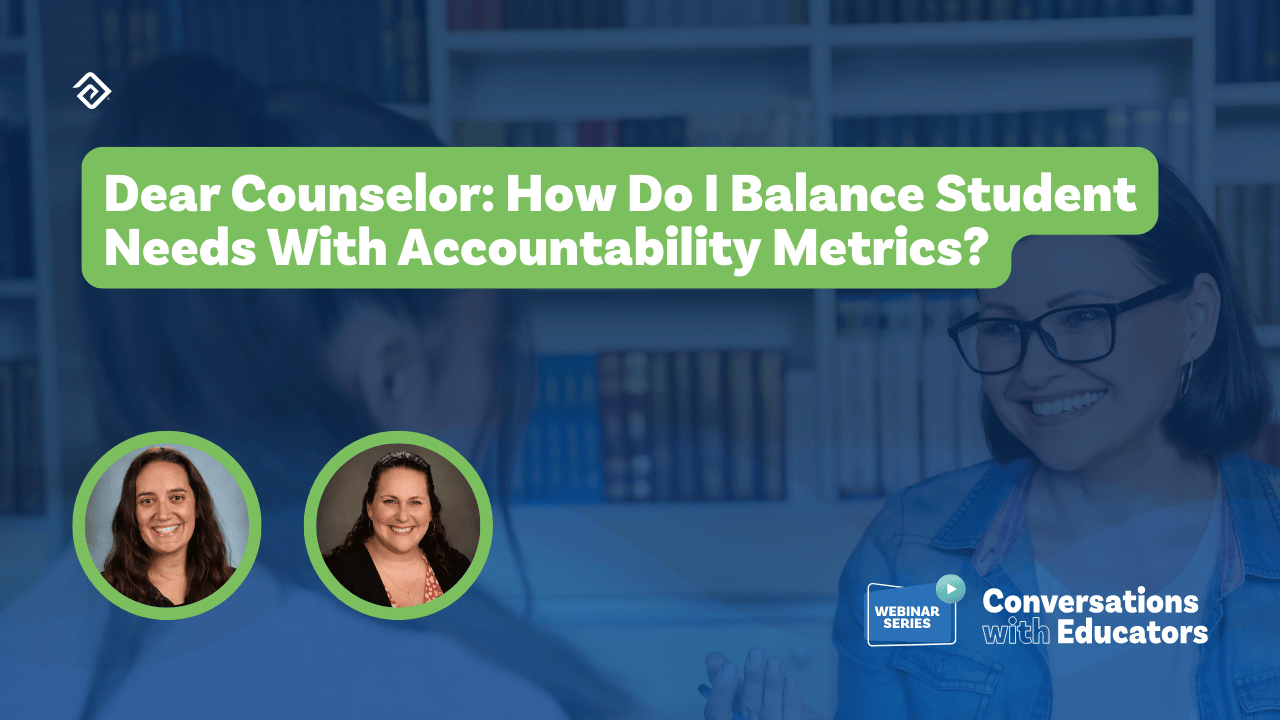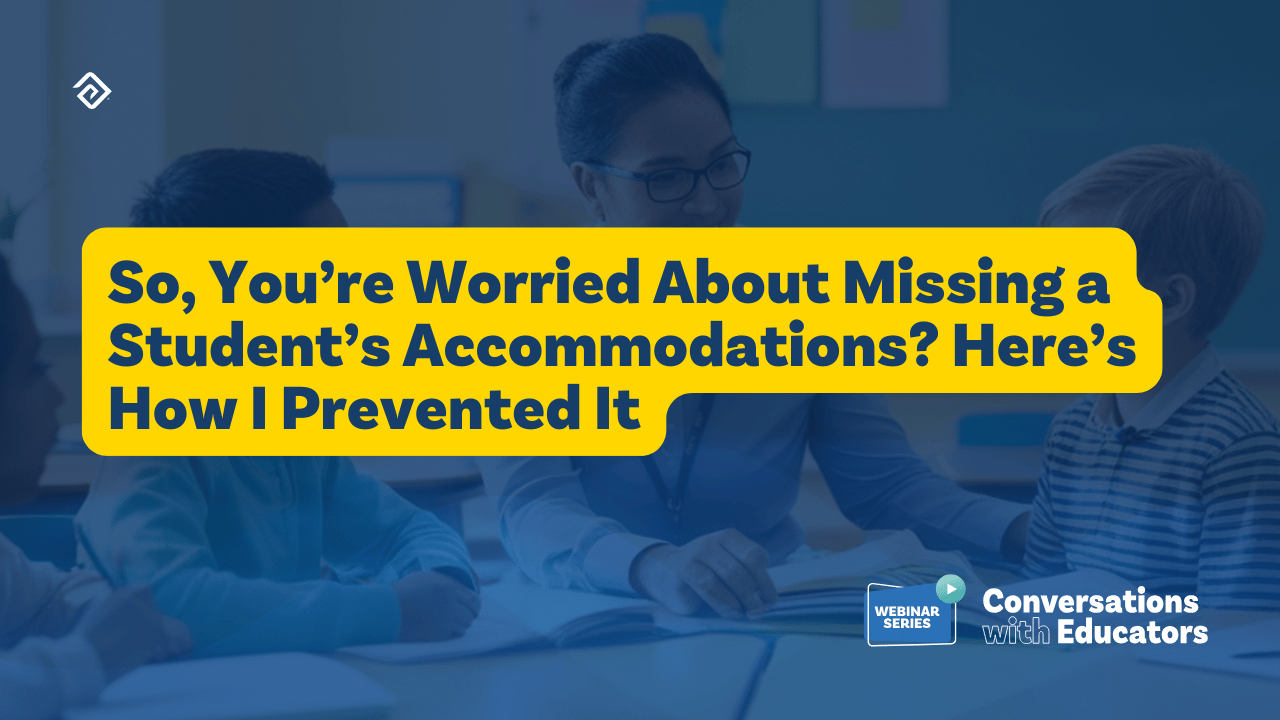The Impact of Quality Teacher-Student Relationships on Educator Stress
I think most people can agree – and find a plethora of studies and scholarly literature to support – that the education profession can be stressful, but also extremely rewarding. Professional accomplishments and relationships contribute to a sense of completion, motivation, and satisfaction. Professional relationships not only impact teachers’ professional wellbeing, but also their personal wellbeing. Healthy teacher-student relationships also positively impact teacher wellbeing and the ability to process stress.
Teacher wellbeing and stress are often impacted by organizational pressures, classroom management issues, and the lack of supervisory and team support. Theories on interpersonal relationships also suggest that teachers look for relatedness with their students and internalize those experiences which are then used in emotional responses in daily interactions (Spilt, Koomen, & Thijs, 2011). Personal relationships with students trigger an internal reward system and give meaning to the work teachers do as educators, providing a core reason why they continue to stay and grow within the profession. Conversely, negative relationships can stress or harm the sense of relatedness that teachers have with their students.
>>> Flexibility and grace will serve us well as we face this new season of education.
Researchers found that teachers value their relationships with students over other variables such as achievement recognition, job security, autonomy, and professional relationships. Positive teacher-student relationships are ranked as most satisfying when evaluating components of wellbeing (Spilt et al., 2011). The teacher-student relationships vary at the elementary and secondary levels, as illustrated by a study of elementary and secondary teachers conducted by Hargreaves (2000). Though both groups viewed these relationships as a source of enjoyment and motivation, elementary teachers expressed more instances of negative behavior and secondary teachers expressed instances of alienation from their students. When prolonged negative instances occur, the teacher-student relationships begin to strain and breakdown teacher wellbeing, contributing to an increase in stress levels.
Stress generally occurs when highly important goals and values are threatened. Behavior issues and other student related stressors can negatively impact the teacher-student relationship. With challenges presented by COVID, these relationships are more important than ever and are essential for success in the classroom. As we enter 2021, consider how you can support each other and build strong relationships with your students to increase your wellbeing and minimize stress.
>>> How “gritty” are your students?
References:
Hargreaves, A. (1998). The emotional practice of teaching. Teaching and Teacher Education, 14, 835854. Hargreaves, A. (2000). Mixed emotions: Teachers perceptions of their interactions with students. Teaching and Teacher Education, 16, 811826.
Spilt, J. L., Koomen, H. M., Y., & Thijs, J. T. (2011). Teacher wellbeing: The importance of teacher-student relationships. Educational Psychology Review, 23(4), 457-477. doi:http://dx.doi.org/10.1007/s10648-011-9170-y



More Great Content
We know you'll love




